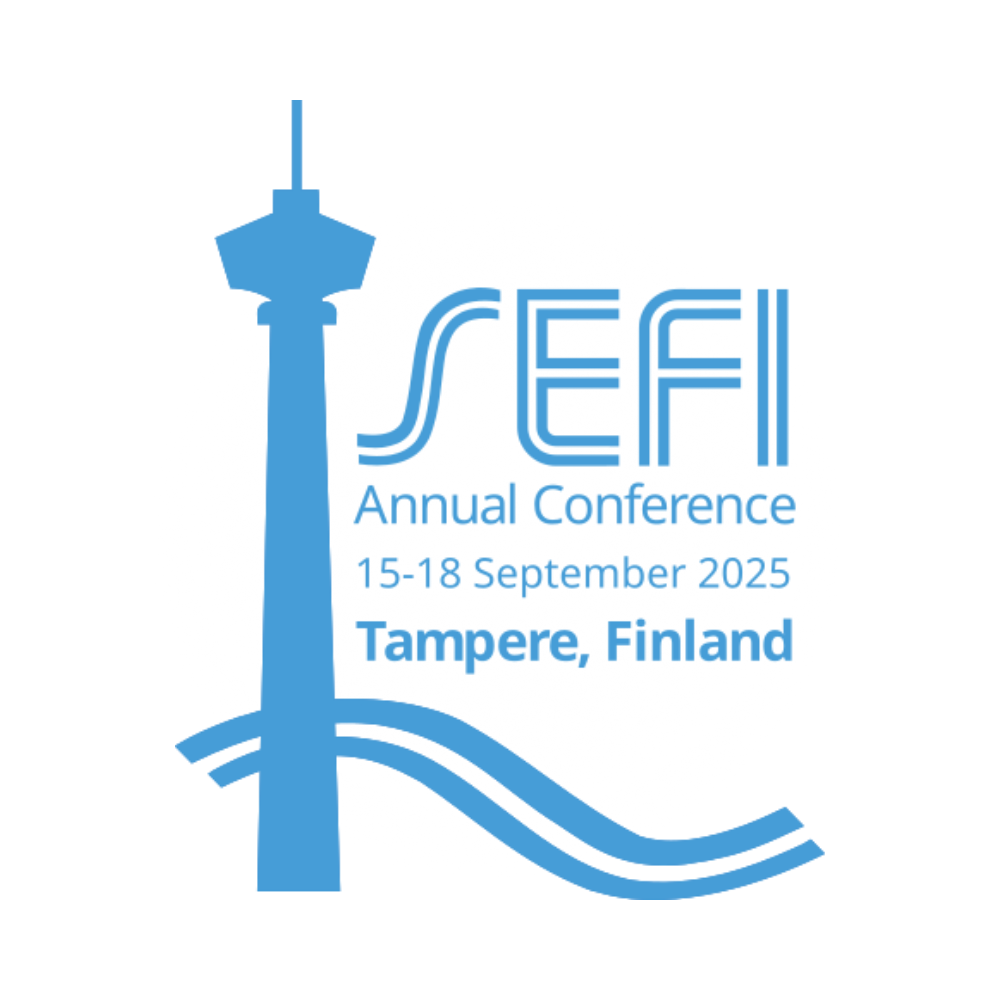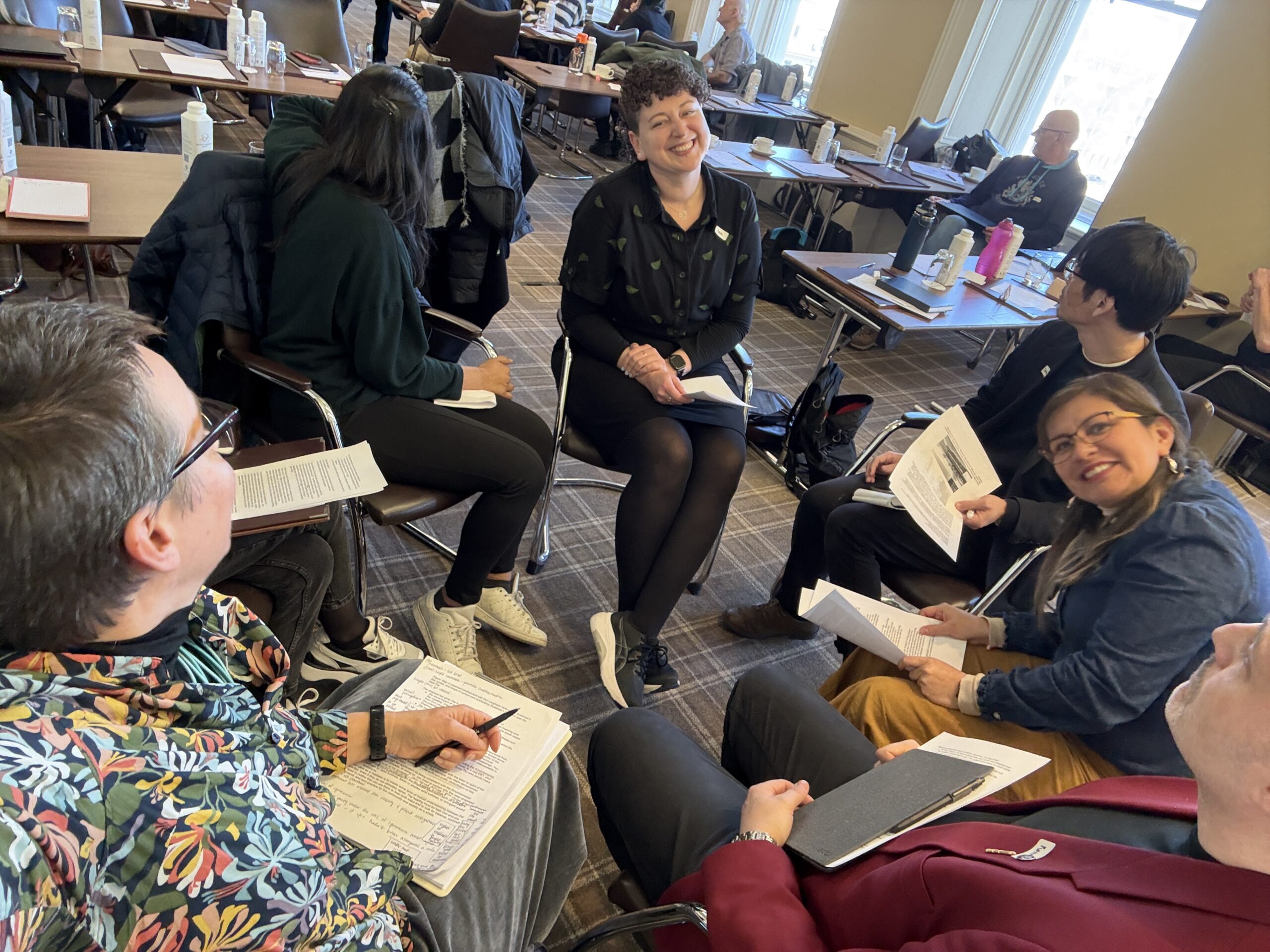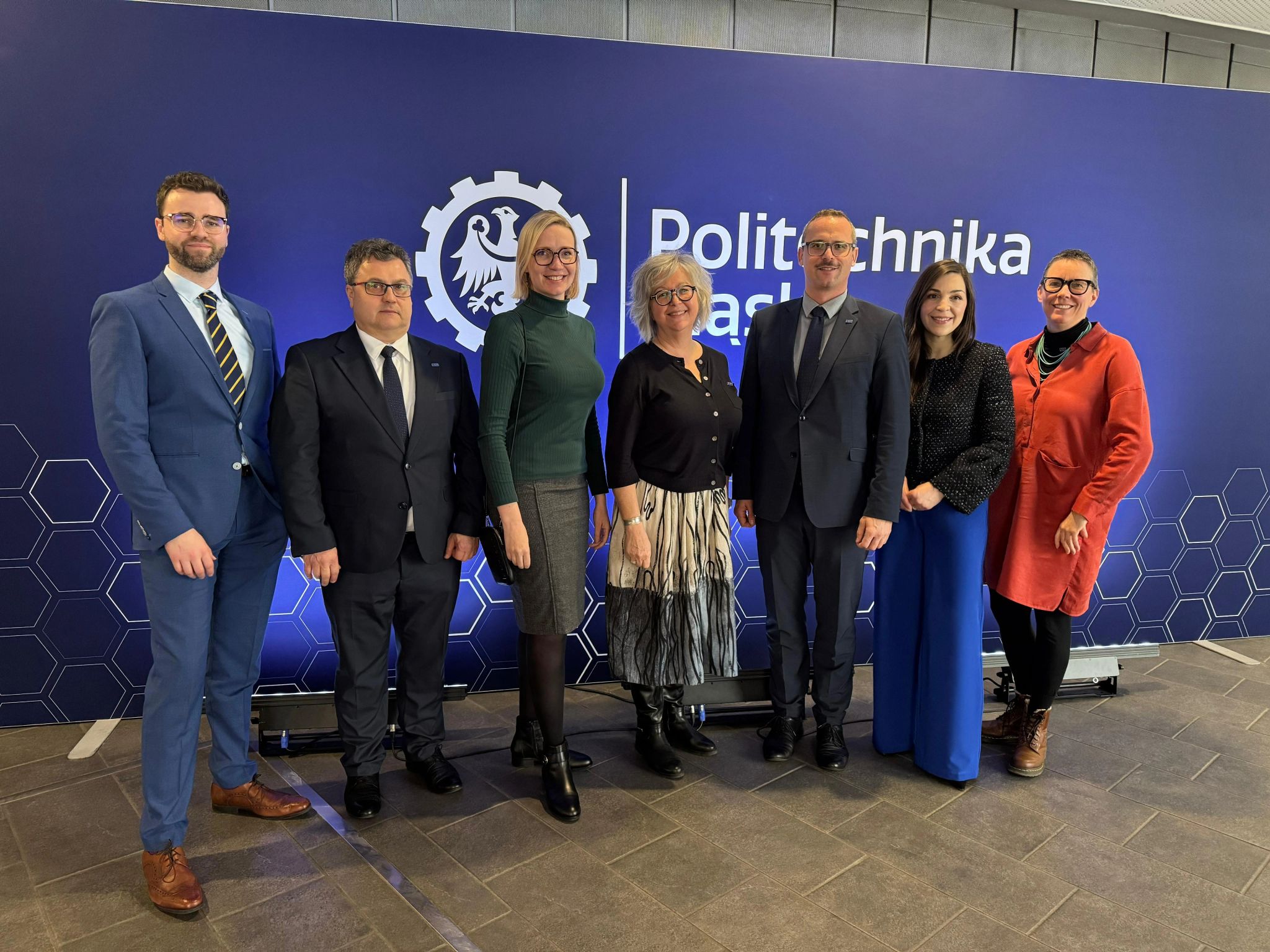We are excited to announce that registrations for the 53rd SEFI Annual Conference are now…
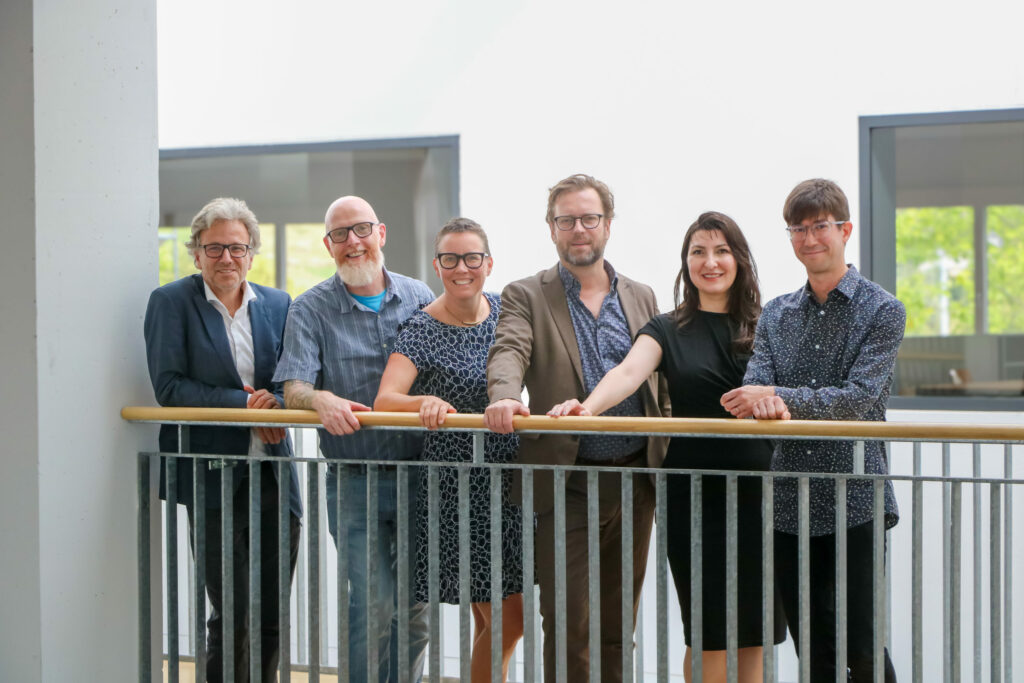
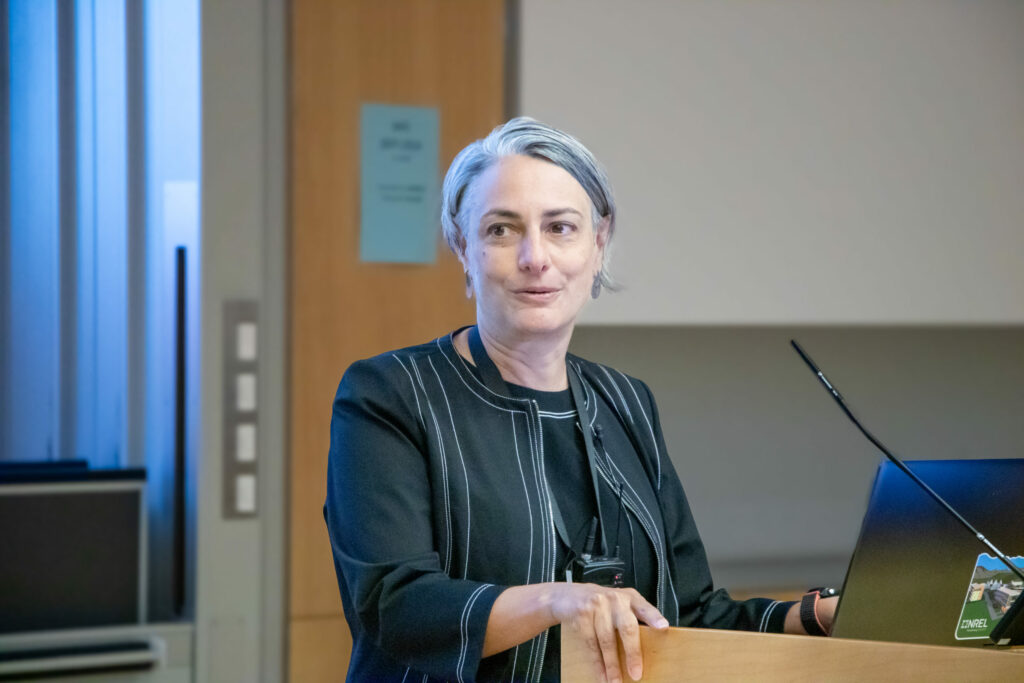
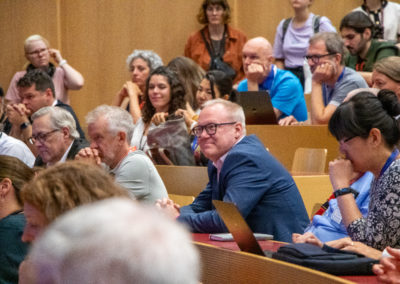
The SEFI Annual Conference 2024, held from 2-5 September at the École Polytechnique Fédérale de Lausanne (EPFL), marked a significant moment in the history of SEFI. As the 52nd edition of the event, this year’s gathering attracted over 550 participants, half of them newcomers, demonstrating the growing interest in advancing the field of engineering education. With a theme centered around Educating Responsible Engineers, the conference featured groundbreaking research, discussions, workshops, and sustainability initiatives that will set a new benchmark for future SEFI conferences.
The first conference keynote by Johanna Lönngren (Umeå University), whose presentation explored a new field of research in engineering education, focused on the role of emotions in engineering education. Lönngren challenged conventional views, arguing that emotions, often seen as a threat to technological work, should be understood as integral to responsible engineering. “Can engineers relying solely on cold analysis be responsible?” she asked, prompting participants to reflect on how emotional intelligence might be key to ethical and responsible engineering practices. Her keynote set the stage for a conference that continually returned to the theme of integrating ethical considerations into technical education.
The second day began with a round-table discussion chaired by Roman Bruegger, featuring industry leaders from MathWorks – Tanya Morton, Ansys – Tatiana Vakhitova, Dassault Systèmes – Xavier Fouger, Bentley Systems – Chris Bradshaw, and Siemens – Martin Koczman. The panel addressed essential skills for future engineers, highlighting the importance of embracing the diversity engineering teams. Discussions on the Archimedean Oath, an ethical framework for engineers developed at EPFL in the 1990s, provided a rich dialogue on the future of professional ethics in the field.
Another keynote of great impact came on Wednesday from Margarita Boenig-Liptsin (ETH Zurich), who explored the evolving relationship between humans and computers. She advocated for an approach to digital literacy that extends beyond technical competence, urging educators to train students in critical thinking about the societal and ethical implications of technology. Her keynote was followed by a panel discussion, led by three EPFL students, that included Pierre Dillenbourg (EPFL), Gerhard Müller (TU Munich), and Emanuela Tilley (UCL London), who further discussed the Archimedean Oath and challenged traditional ways of teaching engineers. Margot concluded with a powerful call for engineers to engage in reflective thinking, especially about the limits of their own expertise.
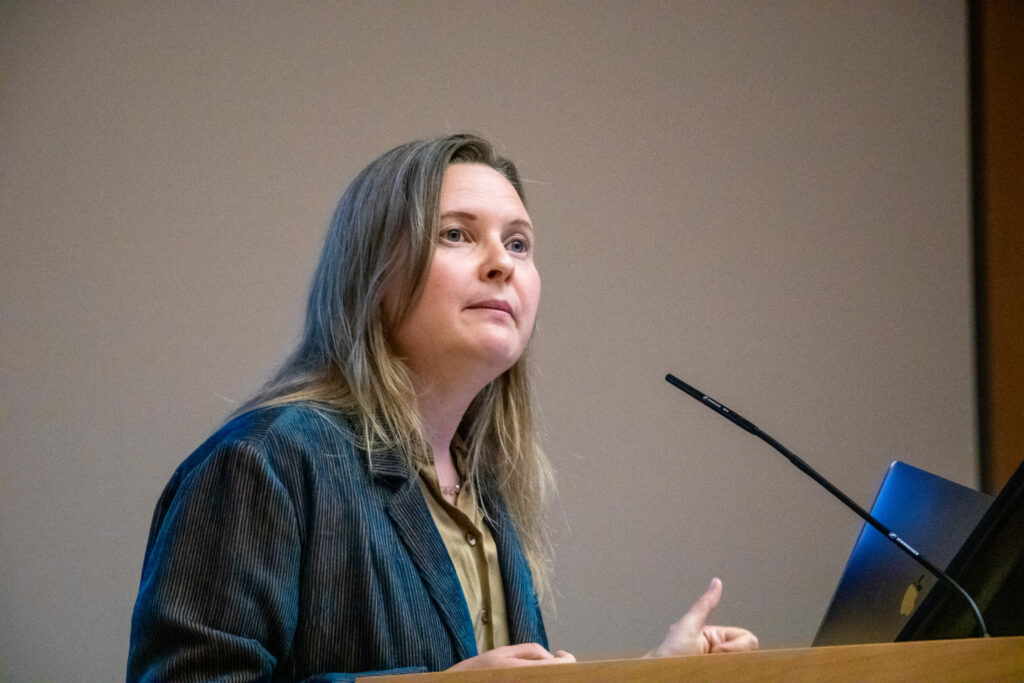
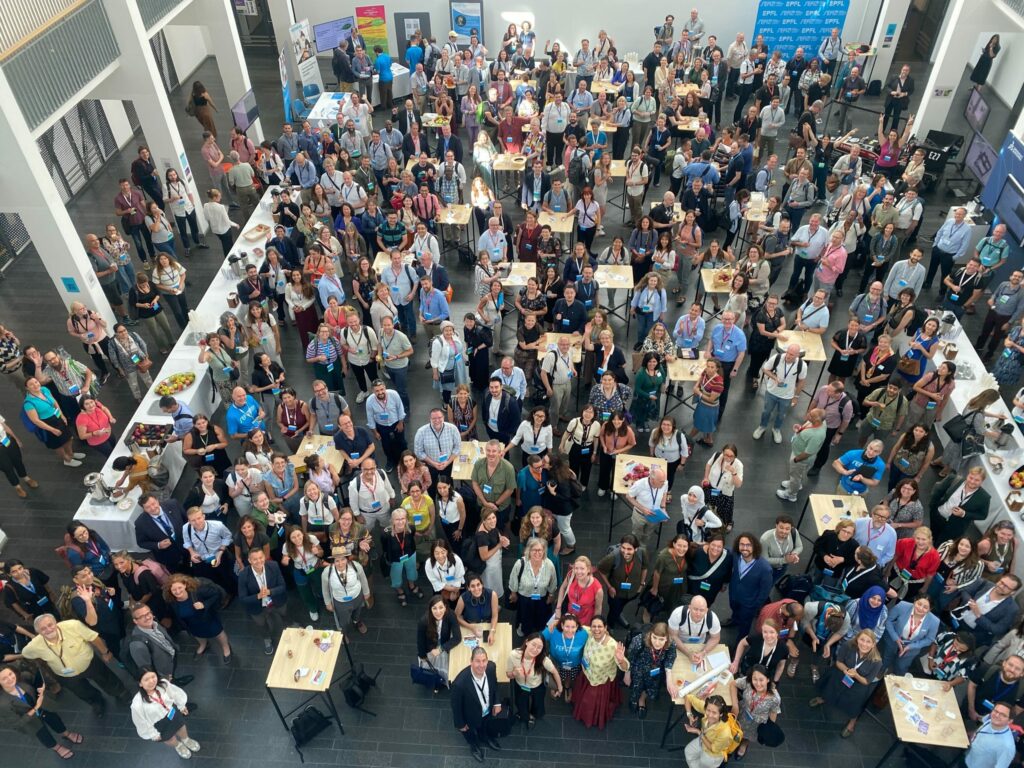
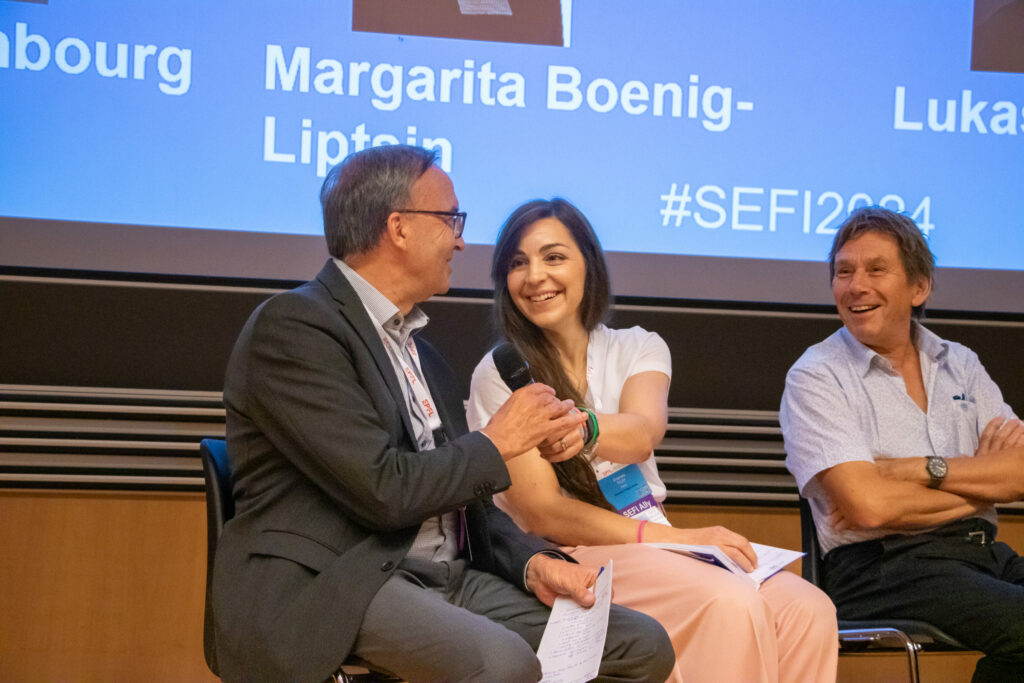
The third day of the conference culminated with the traditional SEFI Gala Dinner, during which the SEFI Francesco Maffioli Award was presented to Dr. Volkert van Steijn and his team at Delft University of Technology for their remarkable contributions to pre-university engineering education.
On the final day, the renowned scholar Donna Riley (The University of New Mexico) delivered an engaging keynote titled Engaging Moral Imagination in Engineering Ethics Education. She advocated for rethinking the structure of ethics education in engineering, proposing a shift away from traditional models focused on single-course interventions and case studies. At the end of Q&R, Donna called for the whole society to impose ethical expectations on engineers.
The organiser’s commitment to sustainability and inclusivity made this conference truly stand out with a series brand new initiatives. They chose not to offer conference souvenirs, instead focusing on reducing waste and minimizing the event’s environmental footprint. The delicious fully vegetarian and vegan catering was sourced from local, sustainable supplier. These decisions reflected the theme of responsible engineering in action, and the participants embraced the initiative, recognizing the symbolic value of prioritizing sustainability.
Inclusivity was another cornerstone of SEFI 2024. Scholarships were offered to students and early-career researchers from underrepresented countries, reducing financial barriers and enabling a diverse group to participate. Additionally, sponsored childcare services were provided, allowing parents and caregivers to attend the conference fully. The introduction of inclusivity ribbons, with tags such as “First time at SEFI” and “SEFI Ally,” – for those who joined the SEFI Ally training before the start of the conference, helped foster a welcoming and supportive atmosphere amongst all attendees, while morning wellness activities, including yoga, tai chi, mindfulness, and running, supported participants’ physical and mental well-being.
SEFI Annual Conference 2024 was a resounding success, bringing together cutting-edge research, forward-thinking discussions, and commitment to some of the SEFI’s basic values such as sustainability and inclusivity. The insights, connections, and innovative ideas generated during this event will undoubtedly have a lasting impact on the future of engineering education [not only] in Europe.
Klara Ferdova, SEFI Secretary General
